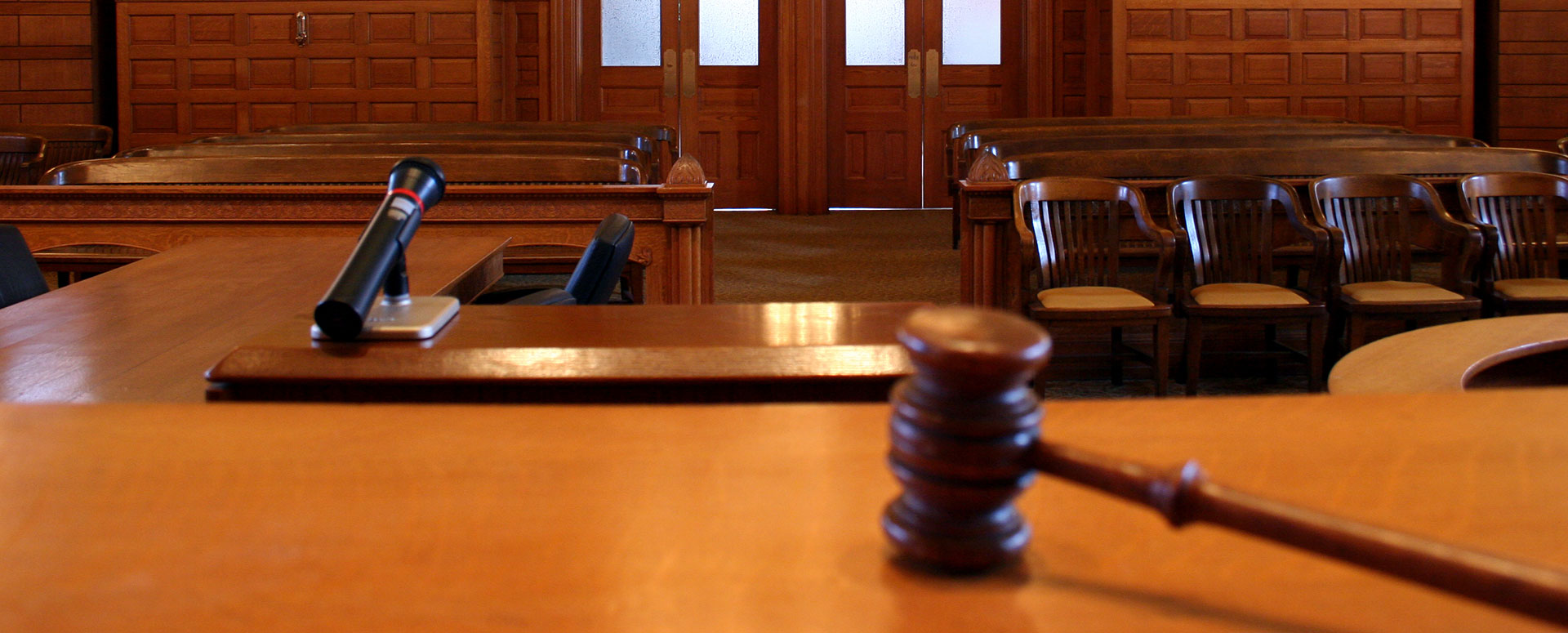Newsletter
27 June 2024
Cooperation Agreement of the Supreme Court, Attorney General, and Ministry of Law and Human Rights on Teleconference Hearings


Indonesian Supreme Court, Attorney General and Ministry of Law and Human Right have signed a Cooperation Agreement to implement hearings through teleconference due to COVID-19.
| Heri Witono
On 13 April 2020, the Supreme Court (Mahkamah Agung), the Attorney General’s Office (Kejagung) and the Ministry of Law and Human Rights (Kemenkum HAM) have signed a Cooperation Agreement to implement hearings through teleconference. The spreads of COVID-19, which is getting massive and worrisome, and criminal proceedings in the frame of law enforcement which must still be carried out, become the main reasons for the consideration of the Cooperation Agreement. This Cooperation Agreement shall continue to apply until it is revoked at the time when the spread of the COVID-19 can be controlled by the government.
The objective of ths Cooperation Agreement is as guideline for MA, Kejagung's Office and Kemenkum HAM in order to accomplish optimization, effectiveness, efficiency and security in carrying out hearings through teleconference. These teleconference hearings must pay careful attention to maintaining the rights of the suspects, victims and witnesses, as stipulated in the Criminal Code (KUHP), Criminal Procedure Code (KUHAP) and other laws and regulations.
In general, the scope of this Cooperation includes the authority and responsibility, and working relations of the various agencies, as well as proper implementation of hearings through teleconference.
As a judicative institution, MA shall exercise the judicial power and responsibilities in conducting duties and functions and provides proper supporting facility and infrastructure for the interest of hearings through teleconference in District Courts.
Kejagung, as a Government institution, carries out state power in the prosecution authority and is responsible for carrying out its duties and functions as public prosecutor, providing adequate supporting facilities and infrastructure for the benefit of teleconference hearings in the Prosecutor's Office.
Kemenkum HAM, as Government institution in charge of guiding correctional institutions shall be responsible, inter alia, to carry out duties and functions of correctional matters, preparing detainees, defendants or witnesses in teleconference proceedings at detention centers/correctional institutions.
MA, Kejagung and Kemenkum HAM are mutually authorized to monitor and evaluate the implementation of teleconference hearings. In its implementation, MA, Kejagung and Kemenkum HAM are required to coordinate for the smooth running of hearings, conducting socialization while still observing the justice principle to provide service that is fast, simple, low cost and open to public.
As mentioned above, the implementation of teleconference hearings shall always observe the rights of defendants, victims and witnesses; for example, in the trial of a child, the identity and face of the child may only be known by those who have the authority pursuant to the applicable laws and regulations (for example investigators, prosecutors and judges).
Teleconferencing for the above criminal case must also be in line with trials through the MA e-court system for civil, religious, and state administration cases. For information, MA previously also has introduced the e-court system for civil courts through MA Regulation No. 3 of 2018, which was then revoked by MA Regulation No. 1 of 2019 on Administration for Cases and Electronic Hearings. In the midst of the COVID-19 pandemic, this is the time for the judicial world and community in Indonesia to be more effective in utilizing teleconference hearings and/or e-courts.
For further discussion or questions on this matter, please feel free to contact KarimSyah Law Firm at info@karimsyah.com
